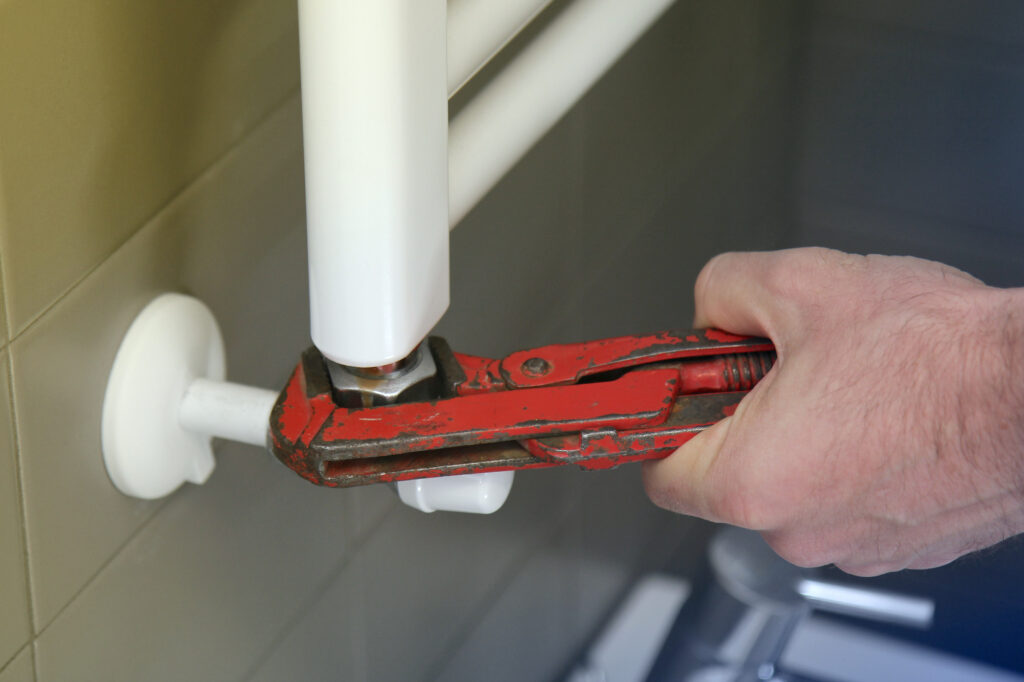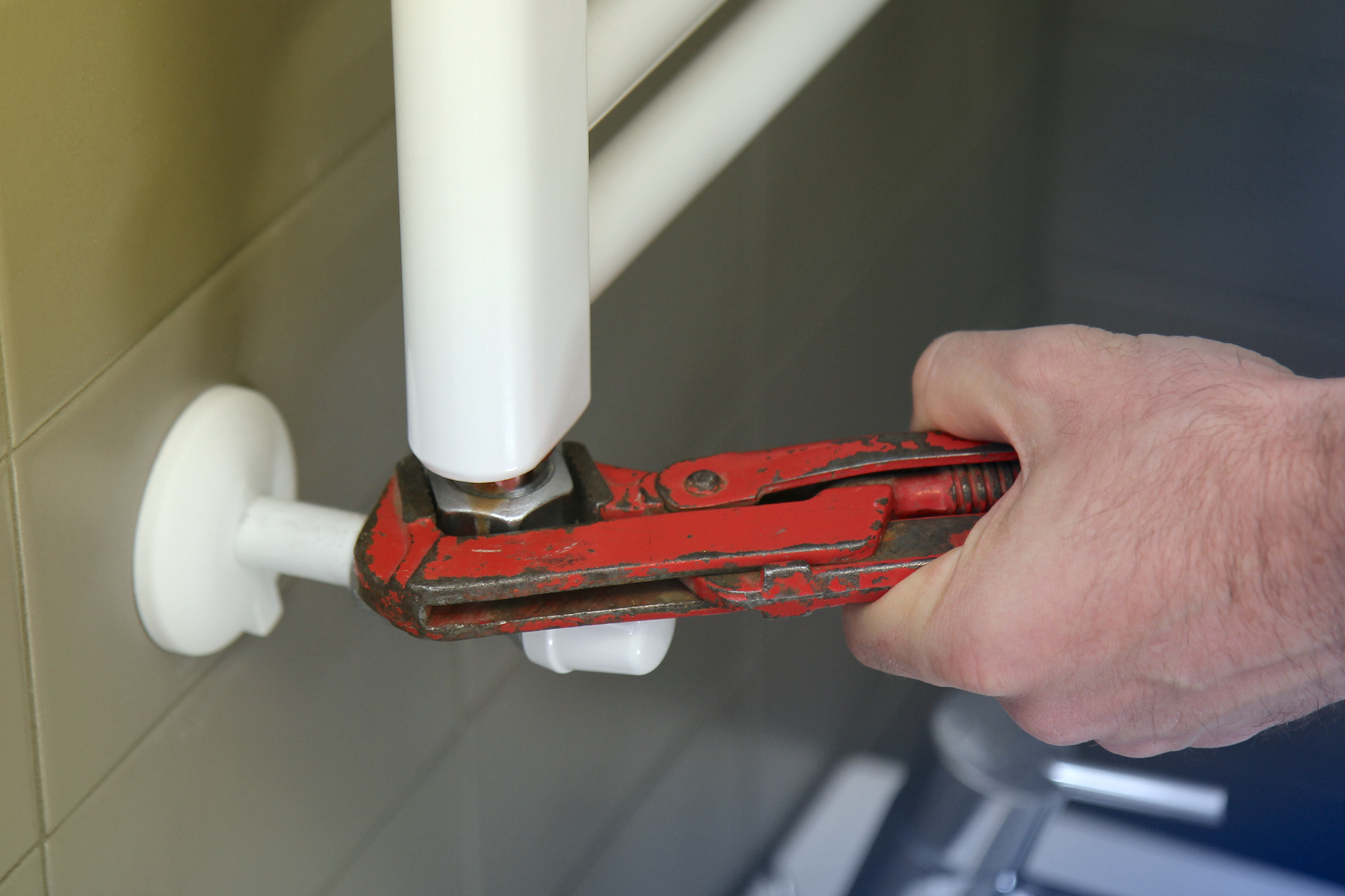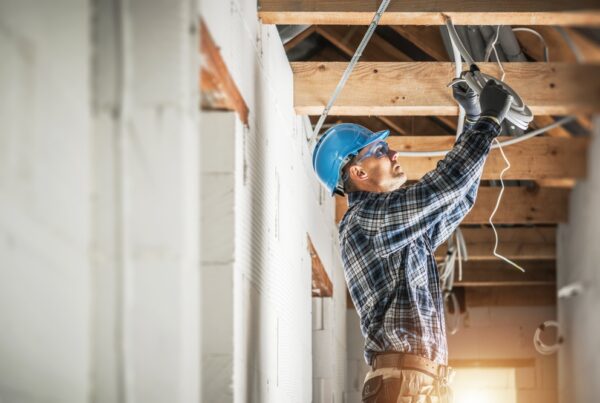It’s inevitable that when you’re working in property management, you’re going to be handling tenant complaints. For many landlords, tenant complaints are a nuisance. But when viewed another way, a tenant who complains is also a person who can help you monitor the condition of the building and alert you of any developing problems in or around the property.

While handling tenant complaints is a responsibility all property managers must bear, doing so promptly and professionally also gives you an opportunity to manage your tenant’s expectations, alleviate concerns, and demonstrate your care and concern for the property and for your tenant’s safety and well-being.
In a very literal sense, how well you handle common tenant complaints can boost your retention rates, increase tenant satisfaction, and make property maintenance easier and more proactive. Let’s take a closer look at the four most common complaints tenants have and how to best handle them.
Maintenance issues
Maintenance issues are at the top of the list of common complaints for a reason. All rental homes require regular maintenance, and if it is not being done regularly, small maintenance issues can quickly develop into bigger repair problems. To catch issues when they are small, it is a good idea to have a clear maintenance request process in place for tenants to follow.
You can put this process in lease documentation, including how long tenants can expect to wait before getting a response from you. Having your tenants submit maintenance requests in writing is best, because it allows you time to understand and appropriately respond. It also allows you to document each complaint so that you can more easily keep a record of what has been done and any associated costs.
Where possible, respond to your tenant’s request for maintenance promptly, even if just to advise that you will need to schedule someone to come and address it. Maintenance and repairs should be done as quickly as you can manage them, especially if it is a pressing issue that may develop into a bigger problem. Then, follow up with your tenant a few days after the maintenance was done to ensure that the problem was resolved. This can help reduce future repetitions of the same complaint or issue.

Lack of communication
Another top complaint that tenants make is a lack of communication from their landlord or property manager. For tenants, it can be incredibly frustrating to rent from someone who never answers the phone or email or who seems to be unavailable all the time. Delaying or forgetting to respond can seriously impact your tenant retention, since tenants will quickly lose confidence in a landlord who simply doesn’t respond. For this reason, it is important to respond to your tenants promptly and helpfully whenever they reach out to you.
If you can’t always answer the phone, set up an answering service or an online contact form that tenants can use to reach you. Some landlords have also started using text messaging or other smart applications to help them achieve regular, positive communication with their tenants. Then, set aside time each day to contact the tenant and address their questions and concerns.
If you haven’t heard from your tenant in a while, reach out to them and ask them how everything is going. This simple gesture will not only boost tenant retention but make working with them on future issues that much easier.
Pest problems
When pests invade, tenants will quickly contact you to complain. And it’s a good thing that they do, because a pest invasion can become a serious health and safety issue very quickly. When a tenant contacts you about a pest problem, it’s important to respond as soon as possible and to arrange a professional exterminator to come out right away.
Another way of managing this recurring issue would be to have the rental property treated for insects and other common pests on a regular basis. There is no need to wait until the house becomes uninhabitable before handling this complaint.

Noisy neighbours
Finally, tenants commonly complain about something that isn’t always within your control to address: noisy neighbours. This complaint can be a difficult one to handle because you have limited control over how the neighbours live or conduct themselves.
If they are governed by the same property by-laws, a simple notice of complaint will usually suffice, but if they live in an adjoining property, it can be more complicated. First, try to get to know the people living next door and establish a good rapport with them. Then, if the noise issues continue, you could simply talk to them about it and see if they would be willing to keep the noise down, at least during the night.
If talking to the neighbour doesn’t help, there are other things you could do to try and show your tenant that their well-being in their rental home is important to you. For example, consider adding insulation to the exterior walls, replacing doors with sound-proof alternatives, or planting shrubbery along the side of the yard or house. Even if you can’t prevent the noise altogether, steps like these may help to at least reduce the amount of noise coming into the home. As a last resort, you could also report the noisy neighbour to the local police department, especially if their noise violates local regulations.
No matter what your tenants complain about, your best course of action for property managers is to promote good communication with them and to keep it professional. By doing what you can to reduce conflict and maintenance issues before they happen, you can potentially reduce the more difficult tenant complaints and instead enlist them to help you keep the rental property in good condition.









